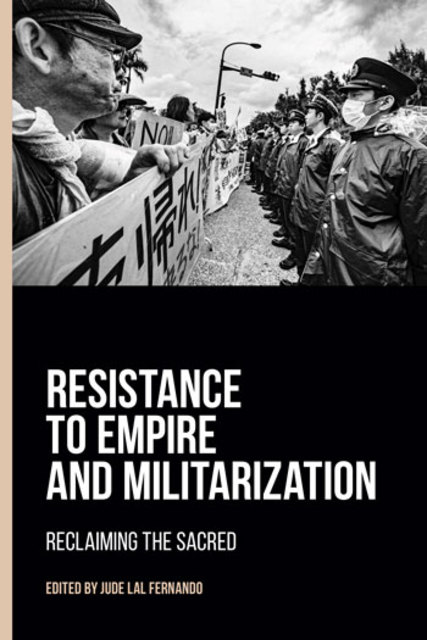Fernando/Resistance, 12. The Qur'an, the Bible, and the Indigenous Peoples of Canaan

Full description
Over the past several decades, Muslim scholars have undertaken new readings of the Qur’an based on social justice and liberation. These readings have concentrated on questions of gender – such as representations of women, femininity, and sexuality in the sacred text – and religious pluralism, that is, the Qur’an’s discourse on the religious Other and the possibilities of that Other’s salvation. This chapter contributes to this body of progressive scholarship by bringing an anti-colonial lens to the hermeneutical table, centered on an underlying commitment to indigenous rights and solidarity against all forms of empire, in particular settler colonialism. Using critical textual analysis, the chapter will explore the Qur’an’s account of the Israelite conquest of Canaan, engaging the following questions: How precisely is this event represented in Muslim scripture, and how does this representation line up with biblical narratives, as found in the Book of Joshua? In turn, how has the Muslim commentarial tradition (tafsir) built on the Qur’anic narrative and, in this exegetical endeavor, what sources has the tradition drawn upon? Finally, and perhaps most significantly, what are the ethical and political implications of the Qur’anic account of Canaan for anti-colonial Muslims committed to the liberation of indigenous peoples and their lands?
- typeImage
- created on
- file formatjpeg
- file size46 KB
- container titleResistance to Empire and Militarization: Reclaiming the Sacred
- creatorShadaab Rahemtulla
- isbn9781781799963 (eBook)
- publisherEquinox Publishing Ltd.
- publisher placeSheffield, United Kingdom
- rightsEquinox Publishing Ltd.
- volume
- doi
We use cookies to analyze our traffic. Please decide if you are willing to accept cookies from our website. You can change this setting anytime in Privacy Settings.
